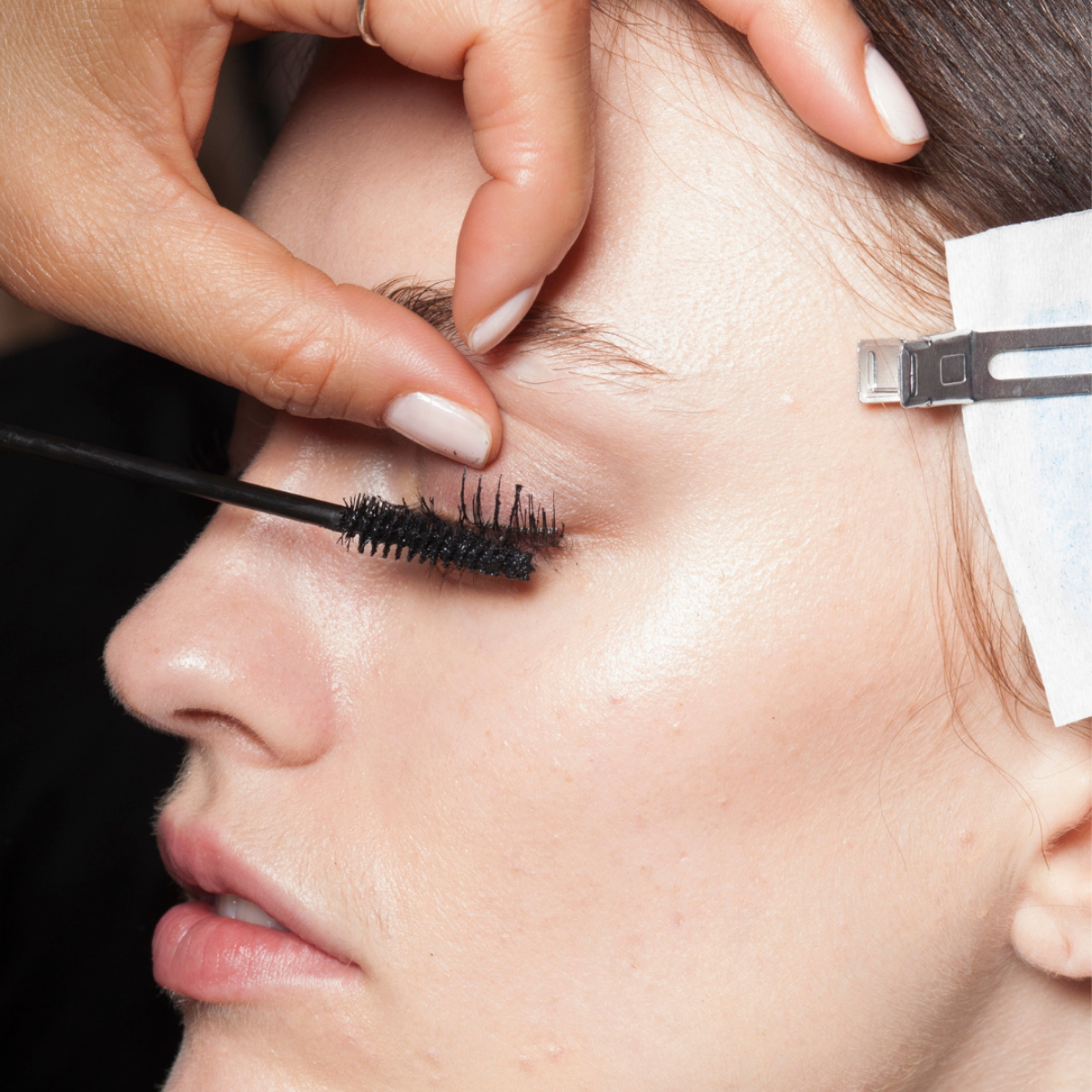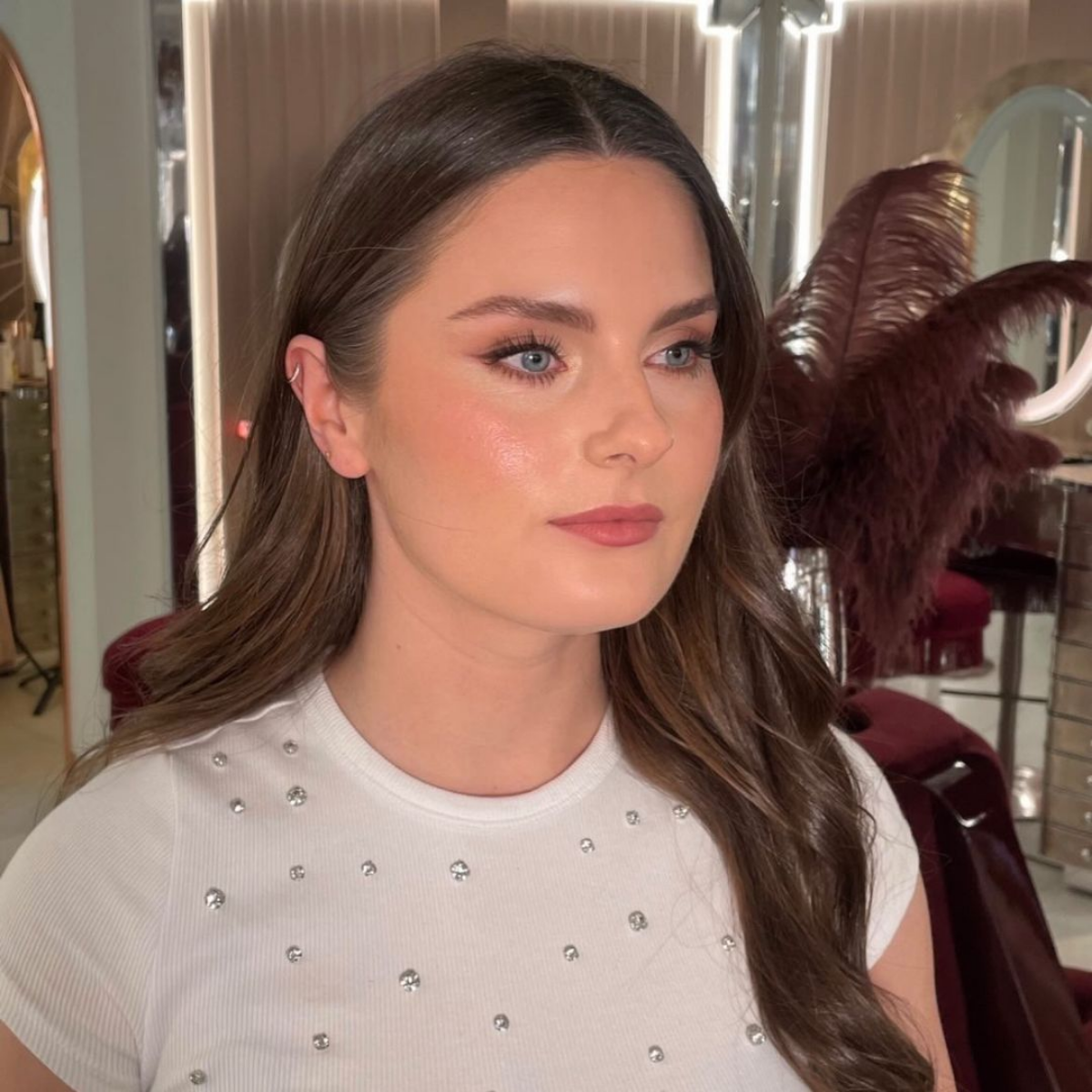Ever experienced recurring thrush? Two experts break down the condition affecting 6% of women
Find yourself battling thrush several times a year? Here's when to see a doctor.

Find yourself battling thrush several times a year? Here's when to see a doctor.
Ever heard of recurrent vulvovaginal candidiasis (RVVC) or recurring thrush?
Sadly, suffering from repeat instances of thrush - that is, having four or more episodes a year - affects up to 6% of women, impacting both their overall wellbeing and day-to-day lives.
"You'll experience at least partial symptom resolution in between episodes," shares professor Stelios Doumouchtsis, consultant obstetrician, gynaecologist and urogynaecologist.
75% of women will have at least one lifetime episode of thrush, 40 to 45% will have two or more episodes, and, as above, up to 6% of women of reproductive age will develop recurring thrush. You know the main thrush symptoms - now, let the experts break down what recurring thrush is and how best to treat it, too.
Oh, and don't miss our guides to UTI's, vaginal dryness treatment, and bacterial vaginosis symptoms, plus our expert-led explainers on vaginismus, vaginal discharge and how to use a tampon, too.
Recurring thrush: your guide, plus how to avoid it
What is recurring thrush?
As Ashfaq Khan, consultant obstetrician, gynaecologist & founder of Harley Street Gynaecology explains and as above, recurring thrush is when a woman experiences four or more separate episodes of thrush within a 12 month period.
Marie Claire Newsletter
Celebrity news, beauty, fashion advice, and fascinating features, delivered straight to your inbox!
As Doumouchtsis explains, acute vulvovaginal candidiasis (VVC) is one fungal infection of the genital area - also known as thrush. "Recurrent vulvovaginal candidiasis (RVVC), on the other hand, is defined as four or more recurring episodes and should be confirmed by your doctor," he shares.

What causes recurring thrush?
Good question - because often, getting to the root cause of of a problem can prevent it from happening over and over again, right?
Recurring thrush is actually quite common and caused by a fungal infection, primarily Candida Albicans or more rarely Candida Glabrata, explains Khan. "Recurring thrush is a symptomatic inflammation of the vagina or vulva, or sometimes both," he shares. "It’s found most commonly in women with allergies, with diabetes, those with a suppressed immune system or someone taking antibiotics."
Doumouchtsis agrees, adding recurring thrush is thought to be related to a host factor, although sadly, for many women, said host factor isn't found. Having said that, they can include:
- persistence of Candida (a type of yeast in the body)
- poorly controlled diabetes
- immunosuppression
- endogenous and exogenous oestrogen (which can be caused by pregnancy, HRT, or the combined oral contraceptive pill)
- recent antibiotic treatment causing changes in the vaginal flora.
What are the main symptoms of recurring thrush?
Essentially, it's the same as any other thrush, except you'll experience it over and over again during the course of the year.
Symptoms may present as a lumpy, white vaginal discharge without smell, itching and irritation around the vagina and stinging on urination, and will happen four times or more in any twelve month period.

How to treat recurring thrush
Sufferers are advised to avoid using scented products when bathing or showering, spermicides and nylon underwear. "Tight jeans are also not advised, as they may irritate the area further," explains Khan.
Bottom line: identify the symptoms in yourself and then go and see a doctor. Take note of when you're experiencing the conditions and how frequently. Once at the doctors, they'll be able to carry out a full examination and tests will usually be carried out to rule out bacterial vaginosis, STIs and dermatitis.
"Once RVVC has been diagnosed, it’s likely that an antifungal cream or medication such as fluconazole will be prescribed for six months, although there are a number of other effective medications which can be decided after careful monitoring and examination," shares Khan.
Do be warned here: if left untreated, the symptoms of recurring thrush are likely to worsen and could lead to skin infection, fatigue, oral thrush and stomach problems. "In rare cases, it has been known to affect the vital organs, blood, bones and the eyes," shares the doctor.
4 tips for avoiding recurring thrush
1. Avoid local irritants
Such as perfumed soaps or wipes - these may further irritate the issue, explains Doumouchtsis.
2. Try an emollient
Certain vulval emollients, like Canesten, may give symptomatic relief.
"This is because, when you get recurring thrush, vulval dermatitis (otherwise known as eczema) both primary and secondary is commonly present," explains Doumouchtsis.
Top tip: He recommends using an emollient for personal hygiene as a soap substitute, as a moisturiser and a barrier cream, but not for internal use.
3. Sex doesn't need to be avoided altogether - but play it by ear
Contrary to what you might think, sex doesn't need to be avoided altogether but you should play it by ear, based on how you're feeling down there. "Women may wish to avoid sex until symptoms have improved, particularly if there is irritation or fissures of the genital skin," explains the professor.
4. See a doctor
Ultimately, they are there to help, and the worse your thrush gets, the more likely you are to experience recurring cases.

Ally Head is Marie Claire UK's Senior Health and Sustainability Editor, nine-time marathoner, and Boston Qualifying runner. Day-to-day, she heads up all strategy for her pillars, working across commissioning, features, and e-commerce, reporting on the latest health updates, writing the must-read wellness content, and rounding up the genuinely sustainable and squat-proof gym leggings worth *adding to basket*. She also spearheads the brand's annual Women in Sport covers, interviewing and shooting the likes of Mary Earps, Millie Bright, Daryll Neita, and Lavaia Nielsen. She's won a BSME for her sustainability work, regularly hosts panels and presents for events like the Sustainability Awards, and is a stickler for a strong stat, too, seeing over nine million total impressions on the January 2023 Wellness Issue she oversaw. Follow Ally on Instagram for more or get in touch.
-
 I get lash lifts regularly—here’s how I combat 'lash dehydration’, as per expert advice
I get lash lifts regularly—here’s how I combat 'lash dehydration’, as per expert adviceHow I've got my flutter back on track...
By Rebecca Fearn
-
 I tried Charlotte Tilbury’s bridal make-up service for my wedding, and *loved* it—here’s everything you need to know
I tried Charlotte Tilbury’s bridal make-up service for my wedding, and *loved* it—here’s everything you need to knowOne of my favourite beauty experiences to date
By Tori Crowther
-
 Prince Harry's "proud" words about wife Meghan Markle are going viral
Prince Harry's "proud" words about wife Meghan Markle are going viralBy Jenny Proudfoot